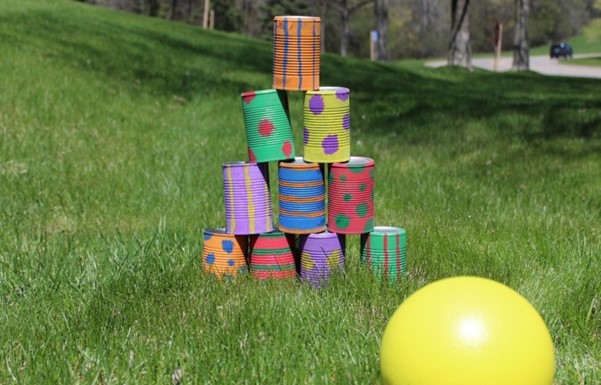Introduction
The Emerging Family Report presents a summary of the discussions held at State of the Family 2024: Shaping Next Generation Relationships. State of the Family is Focus’ annual event which aims to provide our key partners with an analysis of emerging trends impacting the Family.
Who exactly are the Emerging Families? They consist of the young families of today and the youth of our nation, both of whom represent the future of Singapore.
Key highlights include the results from Focus’ Fatherhood Involvement and Marriage Aspirations Survey and FamChamps® #FamilyForTheWin Survey, which were both conducted in 2023.
The observations, discussion questions, and insights presented in this report aims to help you think through the trends surrounding Emerging Families and determine how you might be able to apply these in your context.







